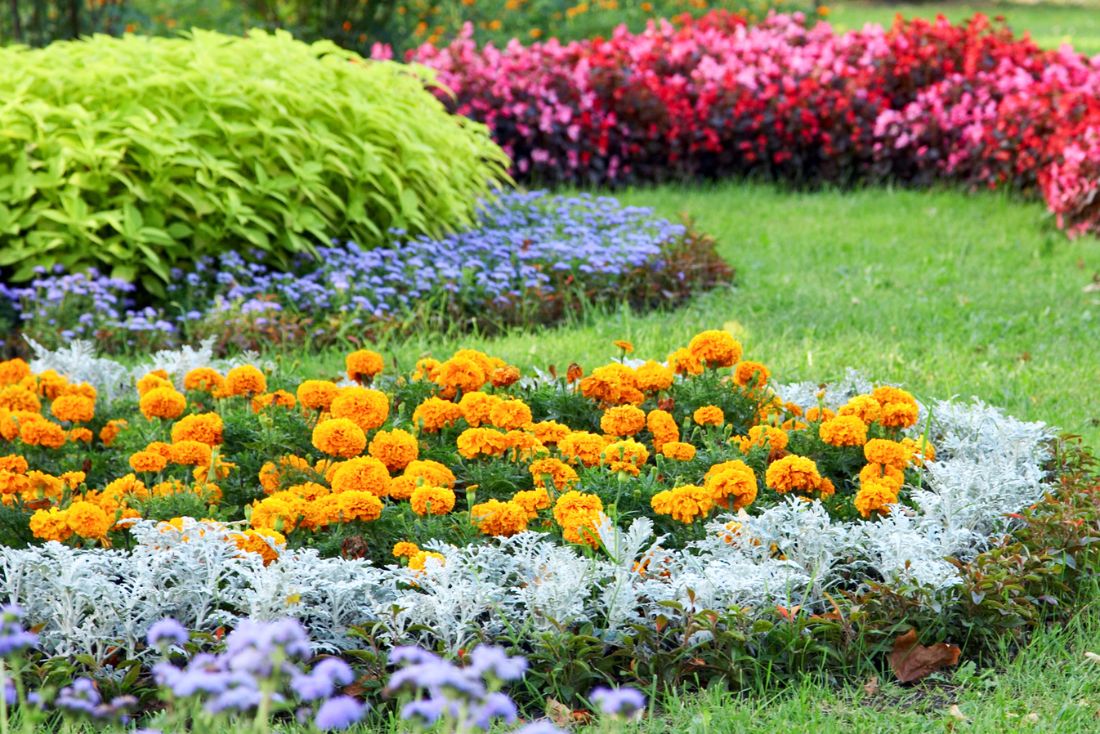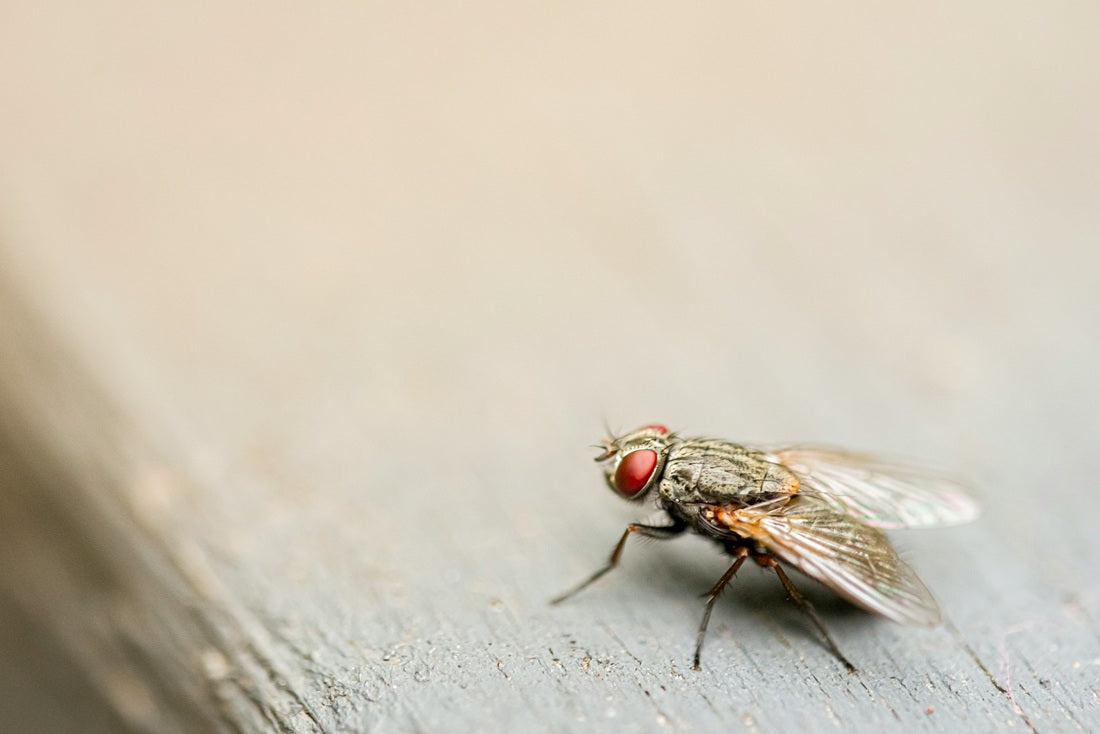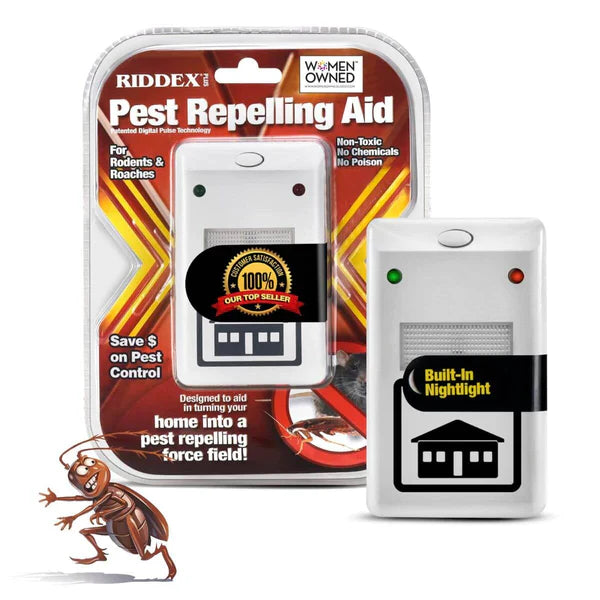Transitioning your garden to chemical-free pest solutions might seem challenging at first, but it's a rewarding path that benefits both the environment and your well-being. As more people are becoming environmentally conscious, there's been a significant shift away from traditional chemical pesticides. Embracing natural methods not only helps protect the delicate ecosystem within your garden but also ensures that your green space is safe for family, pets, and beneficial wildlife. Whether you're a gardening novice or have a seasoned green thumb, making the switch could be one of the best decisions for a sustainable garden.
Chemical-free pest solutions offer a range of advantages. These methods leverage natural predators, plant-based solutions, and physical barriers to manage pests effectively without harmful side effects. By reducing chemical use, you are promoting a healthier environment, protecting water sources, and encouraging biodiversity. Not only do these methods contribute to a thriving garden, but they also provide peace of mind knowing that your plants and vegetables are safe to touch and taste. This natural approach forms the backbone of sustainable gardening, fostering a harmonious relationship between your garden and nature.
Understanding Chemical-Free Pest Solutions
Chemical-free pest solutions are methods used to control garden pests without synthetic chemicals. These can include introducing natural predators, using certain plants to deter pests, or setting up physical barriers. This approach creates a balanced ecosystem where plants, insects, and animals work together, minimizing the need for toxic substances. Healthy soil and vibrant plants go hand in hand with reducing the reliance on chemical interventions.
There are significant environmental and health benefits to embracing these solutions. Chemical-free methods ensure that the nutrients in the soil remain undisturbed, supporting plant growth in a natural cycle. They also protect beneficial organisms that contribute to soil health and pest reduction. Moreover, these solutions safeguard human health. By avoiding harmful chemicals, you reduce the risk of chemical residues on food and protect your family from potential harmful exposure. Whether you’re growing vegetables for the dinner table or cultivating a lush flower bed, using natural methods means you get safe, healthy produce without the worry.
Assessing Your Current Garden for Pest Control Needs
Before diving into natural alternatives, it's important to evaluate your garden's current pest situation. Take a walk through your garden, noting any visible damage or signs of pests. Look for chewed leaves, wilting plants, or unusual spots that could indicate pest activity. Pay attention to the types and numbers of pests you encounter, as this will guide your choice of chemical-free solutions.
Start by identifying which chemical methods you've been using. Make a list that includes:
- Pesticides and insecticides you've applied
- Scheduled treatments you might be planning
- Any traps or poison stations currently in place
Understanding your garden's existing setup will help in formulating a comprehensive transition plan. It’s crucial to prioritize areas that need immediate attention, focusing first on those most affected by pests. With this knowledge, you can strategically replace chemical interventions with natural alternatives, ensuring your garden remains vibrant and healthy as it undergoes this transformation.
Effective Chemical-Free Alternatives
Switching to chemical-free pest control doesn't mean you have to compromise on effectiveness. There are various methods to keep your garden flourishing naturally. One of the best ways is to encourage natural predators. Introducing beneficial insects like ladybugs or lacewings can significantly reduce pest populations. These insects snack on common garden pests such as aphids and mites, helping maintain a balanced ecosystem.
Plant-based solutions are another fantastic alternative. Companion planting involves growing specific plants together to enhance growth and deter pests. For example, marigolds can keep nematodes at bay, while basil can help repel mosquitoes and flies. Additionally, natural repellents derived from garlic or neem oil can be sprayed on plants as an extra defense layer.
Don't overlook physical barriers. Nets, floating row covers, and garden fabrics provide a shield against insects without using chemicals. These barriers act as protective coverings, keeping pests from reaching your plants while allowing air, light, and water to pass through. Combining these methods tailors a pest control system that fits your garden's unique needs.
Implementing Chemical-Free Methods
Transitioning to a chemical-free garden might seem a bit daunting, but breaking it down into manageable steps makes the process smoother. Begin by gradually reducing the use of chemical pesticides. Instead of ditching all chemicals at once, start by replacing them in one area and observing the effects.
Next, tailor your plan by introducing natural alternatives. For instance, to combat a specific pest problem, you might focus on attracting certain beneficial insects or employing companion planting strategies. Here's a simple step-by-step guide:
1. Identify the pests causing issues and their natural predators.
2. Introduce plant companions that deter these pests.
3. Set up physical barriers like nets or row covers to protect plants.
4. Monitor your garden regularly, keeping an eye on pest activity.
5. Adjust your strategies based on what works best, maintaining balance.
Consistency is key in developing a thriving chemical-free garden. Make sure to observe your garden's health regularly, making tweaks as necessary. When done right, these methods greatly enhance your garden's ecosystem without relying on chemicals.
Enjoying a Healthier, Chemical-Free Garden
Switching to natural pest control solutions not only benefits your immediate environment but also promotes long-term sustainability. Plants thrive in a chemical-free setting, often becoming more resilient to diseases and harsh weather. You'll notice healthier foliage and possibly more vibrant blooms.
Moreover, environments like these attract diverse wildlife, from pollinators to birds, enriching your garden experience. Such biodiversity leads to a healthier ecosystem, capable of self-regulating pest populations. This means less time worrying about pest invasions and more time enjoying your garden.
Embracing natural methods reflects a commitment to environmental stewardship. It's about nurturing life in harmony with nature. As you see your garden flourish, you'll have the reward of knowing you've created a safe haven for both human and natural life. Over time, the dependency on traditional chemical solutions fades, replaced with understanding and responding to your garden’s natural processes. It's a journey worth taking, building a lush, life-filled space, one natural method at a time.
Embrace a healthier approach to gardening by exploring chemical-free pest solutions that are gentle on the environment and effective against unwanted guests. With Riddex, you can cultivate a thriving garden that supports diverse life without the need for harmful chemicals. Discover innovative ways to control pests naturally and enjoy the benefits of a vibrant, eco-friendly outdoor space.






